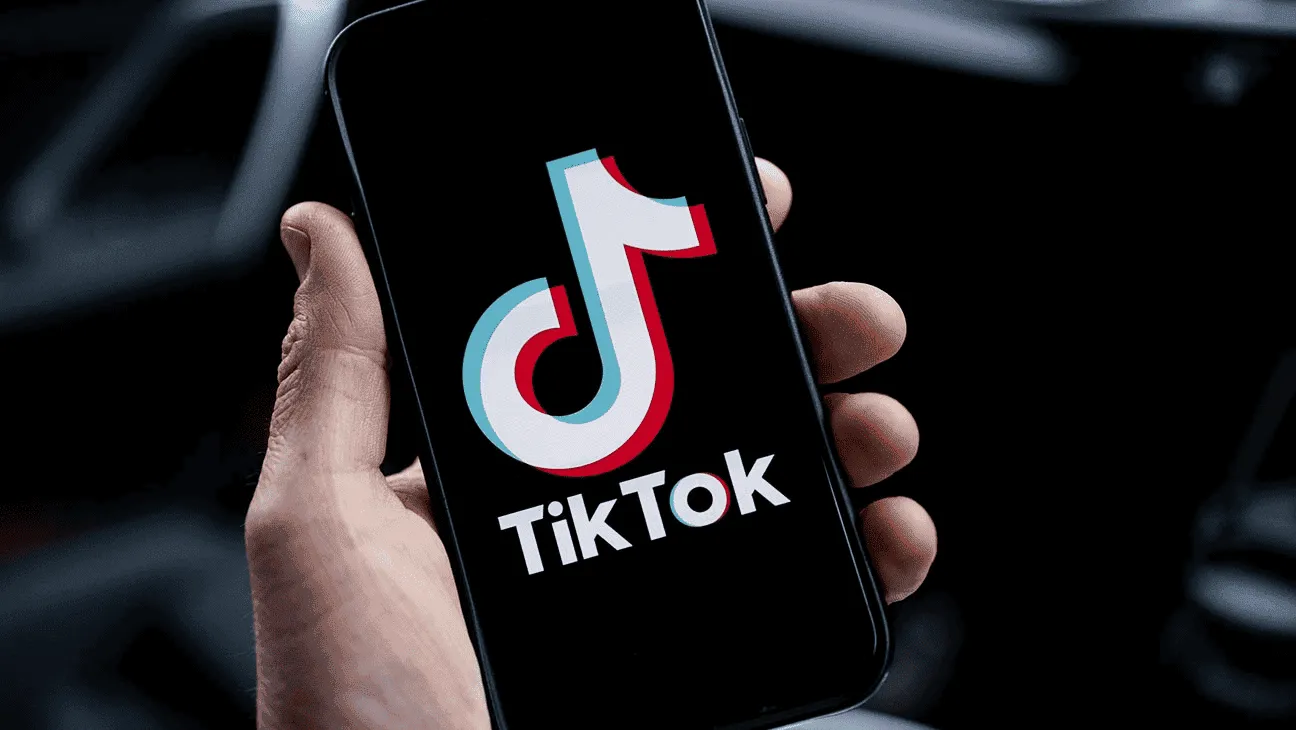
The social media landscape has undergone a dramatic shift in recent years, with apps like TikTok capturing the attention of millions worldwide. However, alongside its meteoric rise, a cloud of suspicion has emerged surrounding the app's data practices and potential ties to the Chinese government. This article delves into the recent warnings issued by Canadian intelligence regarding TikTok and explores the complex issues at the heart of the debate.
The Looming Shadow of National Security: Examining Concerns Around TikTok and User Data

A Ban in the US and Concerns in Canada
In 2023, the United States witnessed a significant development in the ongoing saga of TikTok. Following a period of heightened scrutiny, the app faced a ban enacted by the US government, citing national security concerns. This decision, a culmination of anxieties expressed by lawmakers and intelligence agencies, raised alarm bells across the globe. Canada, a close ally of the US, has now echoed these concerns. The Canadian Security Intelligence Service (CSIS) issued a public warning urging citizens to exercise caution when using TikTok. CSIS Director David Vigneault expressed anxieties about the potential for user data collected by the app to be accessed by Chinese intelligence. He highlighted the advanced data analysis capabilities of China and the potential for user information to be exploited through artificial intelligence.
Transparency and Data Security: A Company's Defense
ByteDance, the Chinese company that owns TikTok, has vehemently denied these accusations. The company maintains that user data from the US and Europe is stored on Oracle servers within the US, further emphasizing projects like "Project Texas" and "Project Clover" showcasing their efforts towards data segregation. A spokesperson for ByteDance, Danielle Morgan, has gone on record stating that the company has never shared user data from any country, including Canada, with the Chinese government and has no intention of doing so in the future.
The Complexity of the Issue
The issue surrounding TikTok and data security goes beyond a simple binary of accusations and denials. There are several layers to consider:
- Geopolitical Tensions: The current geopolitical landscape between the US and China is a crucial backdrop to this debate. The ongoing trade war and technological competition between the two nations fuel anxieties about potential espionage.
- Data Privacy Concerns: The rise of big data and user profiling practices across social media platforms have raised broader concerns around data privacy in general. Users are increasingly wary of how their data is collected, stored, and potentially utilized.
- Lack of Transparency: Owing to the opaque nature of some algorithms and data collection methods employed by social media platforms, a lack of transparency breeds suspicion. Users often have limited understanding of how their data is used and protected.
The Path Forward: Finding a Balance
Addressing these concerns requires a multi-pronged approach. Governments can work towards establishing robust data security regulations that enhance user privacy and offer stronger safeguards against unauthorized access. Social media companies need to prioritize transparency in their data practices and implement strong encryption measures. Additionally, fostering international cooperation on data governance frameworks can foster trust and facilitate a more secure online environment.
User Awareness and Individual Choice
Ultimately, empowered users are essential in safeguarding their data. Understanding the types of information collected by social media platforms and being mindful of online behavior can empower individuals to make informed choices. Staying updated on data privacy settings offered by these platforms allows users to exercise greater control over their information.
The Evolving Landscape: Potential Consequences and Future Implications

The debate surrounding TikTok and user data extends beyond immediate concerns. It's crucial to consider the potential consequences and future implications of these anxieties.
Potential National Security Risks
The core concern raised by the US and Canada is the potential for user data to be accessed by Chinese intelligence. If true, this could have significant national security implications. User data can provide valuable insights into public opinion, political sentiment, and even military capabilities. In the wrong hands, such information could be used to manipulate public discourse, target specific demographics with disinformation campaigns, or gain an edge in strategic competition.
However, it's important to acknowledge the lack of concrete evidence to substantiate these claims. While the potential for misuse exists, attributing specific actions to the Chinese government requires concrete proof. Additionally, the effectiveness of data collection in influencing national security outcomes is a complex issue. Social media data is just one piece of a much larger puzzle, and intelligence agencies employ a variety of methods to gather information.
The Broader Impact on Social Media
The TikTok controversy is likely to have a ripple effect across the social media landscape. Increased scrutiny of data practices could lead to stricter regulations for all platforms. Potentially forcing companies to adopt more transparent and user-centric approaches to data collection and storage. This could have a positive impact on user privacy overall.
However, there's also a risk of overreach. Overly restrictive regulations could stifle innovation and limit the functionalities offered by social media platforms. Striking a balance between protecting user data and allowing for a healthy social media ecosystem is crucial.
The Future of TikTok
The future of TikTok remains uncertain. The US ban has been challenged in court, and its ultimate fate is yet to be decided. The warnings from Canada and other countries could further pressure ByteDance to address data security concerns. The company may need to consider significant changes to its data storage practices and potentially even explore partnerships with Western companies to manage user data.
The Role of International Cooperation
The issue of data security in the age of social media transcends national borders. International cooperation on data governance frameworks is essential. Collaborative efforts can establish best practices for data collection, storage, and access, fostering trust and promoting a more secure online environment. Additionally, collaboration on cybersecurity measures can help mitigate the risks of data breaches and unauthorized access.
Conclusion: A Call for Open Dialogue
So, the debate surrounding TikTok and user data is a complex and evolving one. It highlights the need for open dialogue amongst governments, tech companies, and users. By fostering transparency, implementing robust regulations, and empowering users with knowledge, we can navigate the challenges of the digital age and create a more secure and responsible online future.
Popular News
Latest News
Loading






